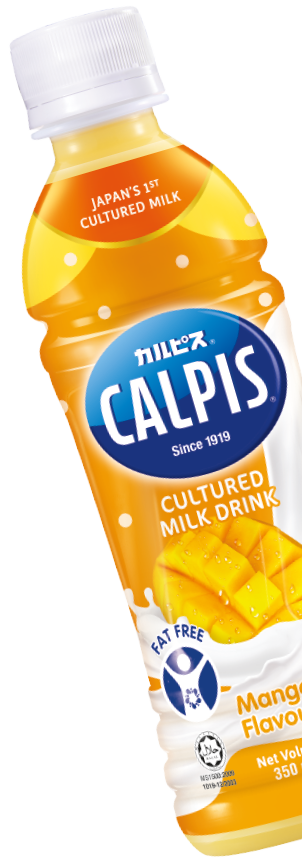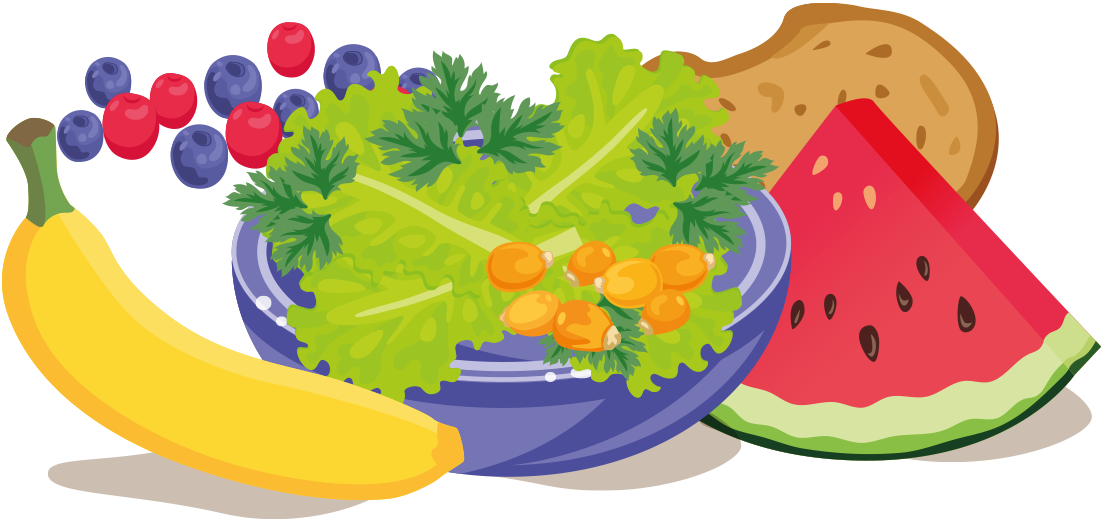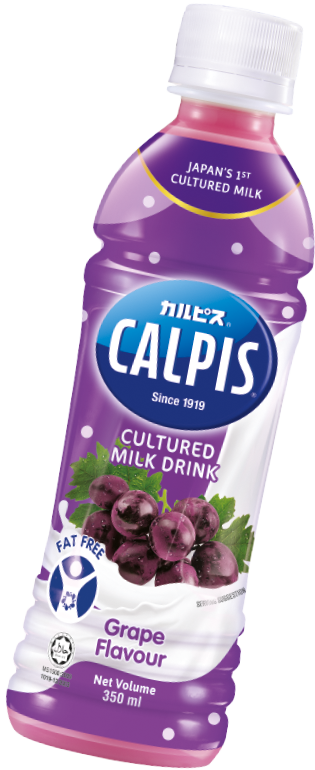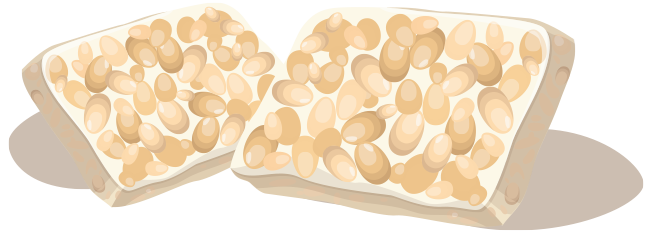Our gut is the core for many processes that occur in
our body as it houses millions and billions of bacteria
that help our body with its digestion and regulation processes.
If you've been googling all about gut health, you would have
come across prebiotics and probiotics. But what is it? Are they different?
How do they help in maintaining good gut health?
Here are some key differences between the two:

• Prebiotics are a form of non-digestible plant fibre, that passes
through the digestive tract untouched. It serves as a food
source for the healthy bacteria, called probiotics, in your gut.
Prebiotic consumption will result in the growth and multiplication
of probiotics in your gut.
• Prebiotic sources encompass a long list of options as it is essentially
fruits, vegetables and whole grains. By consuming the recommended 2
servings of fruits and 3 servings of vegetables daily, you can foster
a good environment for healthy bacteria to grow in your gut.


• Probiotics are living microorganisms that have health
benefits when consumed. Often, probiotics are specific
and different strains of bacteria, such as Lactobacillus.
• Probiotics can be consumed through food or
supplements. Essentially, adding probiotics to your diet means supplying
your body with healthy bacteria that will aid in gut health.

• Probiotics are frequently found in fermented foods
like yoghurt, kimchi, sauerkraut, tempeh, kombucha
and also in cultured milk drinks.
• Probiotic supplements contain live organisms
which contain either a single or multiple strains
of microorganisms.

There are a lot of prebiotic and probiotic supplements that are available
in the market. It is best to consult a healthcare professional to discuss
about adding any prebiotic or probiotic supplement into your diet.
In a nutshell,
prebiotics and probiotics have earned their good reputation
over the years because of their positive impact on gut health. You can
examine your eating habits and include a variety of foods, such as eating
more fruits and vegetables, switching to whole grains, and include some
fermented foods or even cultured milk drinks, to reap the benefits of
prebiotics and probiotics.
You are what you eat, so be sure to eat the right food!
This article is brought to you by Calpis, for the Love of Gut campaign.
Stay tuned for more tips from our experts!